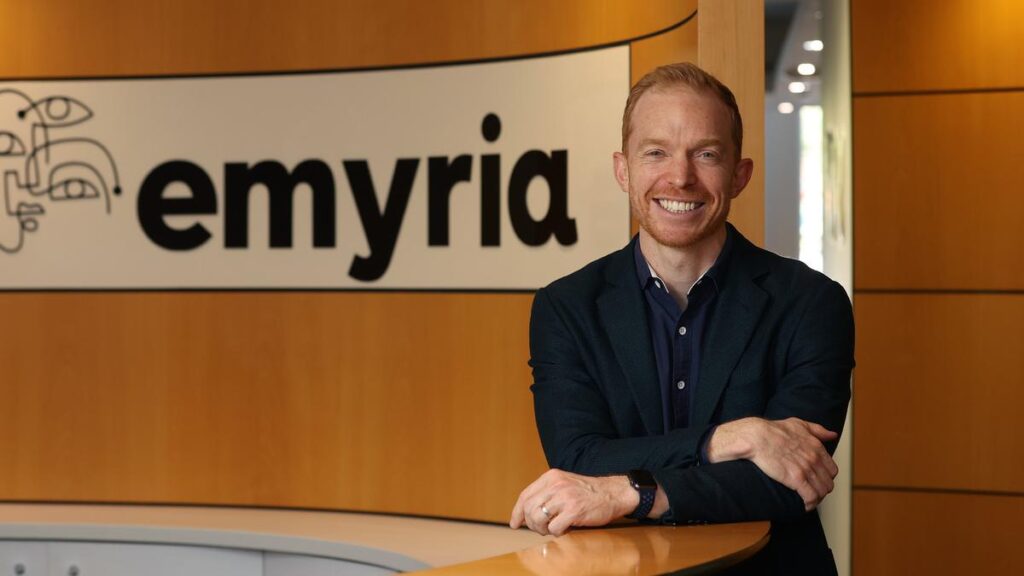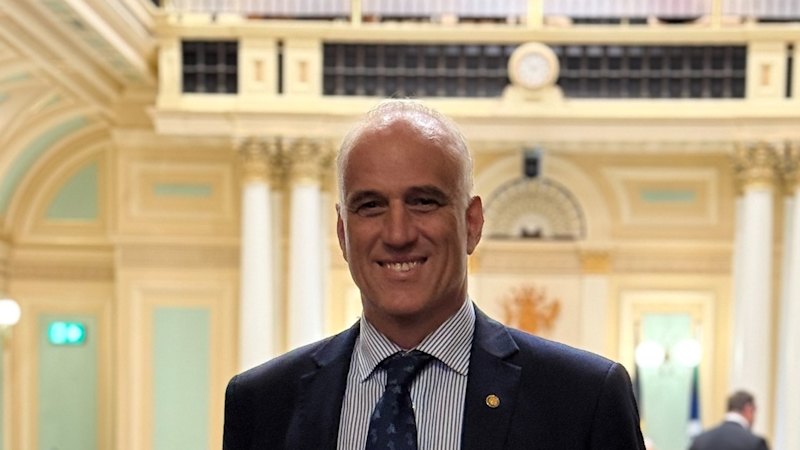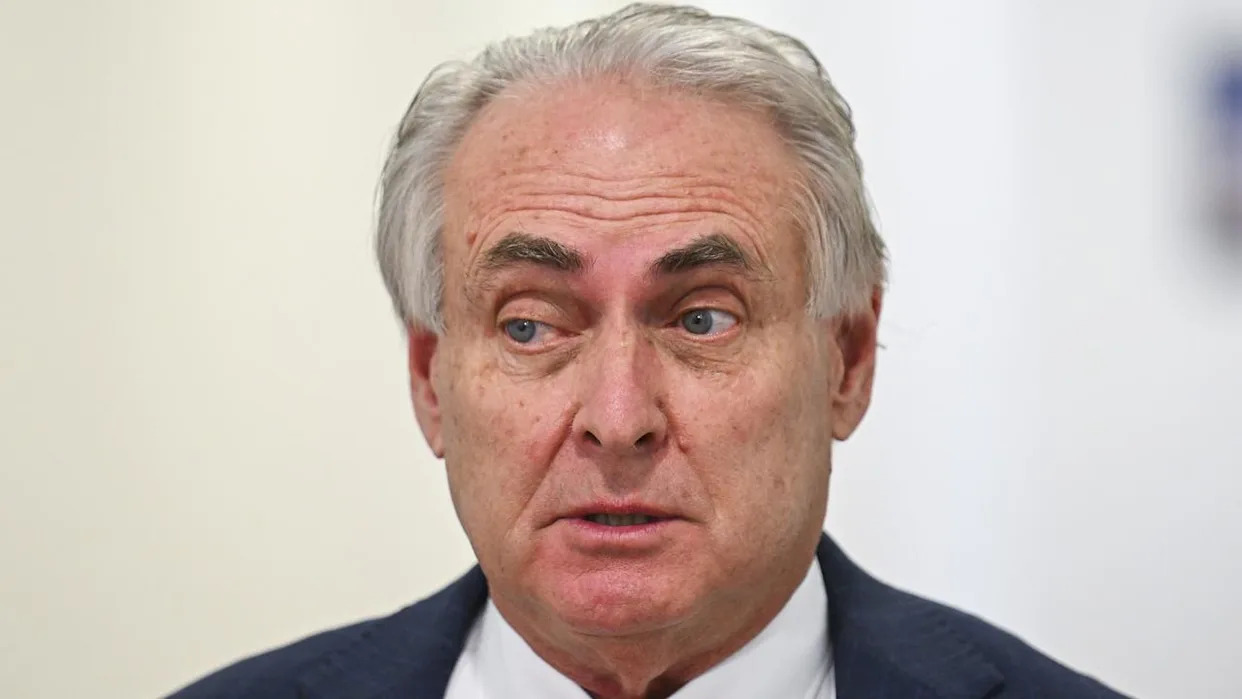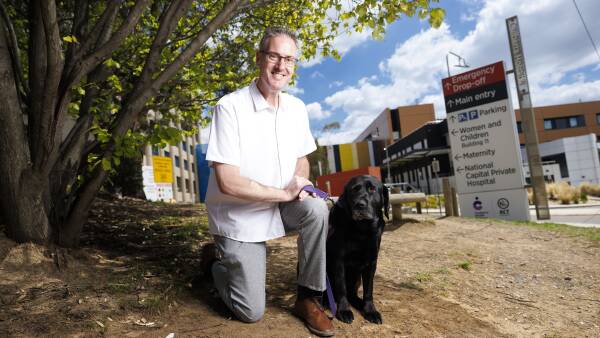
Western Australia-based biotech company Emyria is actively pursuing partnerships with major health insurers across Australia to expand the use of MDMA-based therapy for treating post-traumatic stress disorder (PTSD). This initiative follows a significant agreement with Medibank, marking a pivotal step in the accessibility of this innovative treatment.
Emyria’s efforts come at a time when interest in psychedelic therapies is gaining traction. The deal with Medibank aims to facilitate funding for MDMA-assisted therapy sessions, which have shown promise in clinical trials. These sessions are designed to help individuals suffering from PTSD navigate their treatment more effectively.
Strategic Partnerships in the Health Sector
The company is currently engaging with other major insurers to broaden the reach of its therapy program. By collaborating with health insurance providers, Emyria hopes to make MDMA-assisted therapy a viable option for more patients across the country. This approach is crucial, as access to mental health services remains a pressing issue in Australia.
Emyria’s Chief Executive Officer, Dr. Michael Winlo, expressed optimism about the potential for MDMA therapy to be incorporated into standard treatment protocols. He highlighted the importance of partnerships in overcoming barriers to access. “Our goal is to ensure that patients can receive the support they need through their insurance coverage,” Dr. Winlo stated.
Pioneering Change in Mental Health Treatment
The agreement with Medibank is seen as a landmark moment for the biotech sector, particularly in the context of mental health treatment. It underscores a growing recognition of the role that alternative therapies can play in addressing complex psychological conditions. According to research, MDMA has been shown to enhance the therapeutic process for PTSD patients, often leading to significant improvements in their quality of life.
As Emyria continues its discussions with other insurers, the company is also focused on regulatory approvals and clinical validation to ensure the therapy meets the necessary standards for safety and efficacy. The support from health insurers will be vital in facilitating the rollout of this therapy throughout Australia.
In conclusion, Emyria’s proactive approach not only highlights the potential of MDMA in mental health treatment but also reflects a broader shift towards embracing innovative therapies in the healthcare landscape. As the dialogue between Emyria and health insurers progresses, the company aims to set a precedent for funding models that could shape the future of mental health treatment in Australia and beyond.







